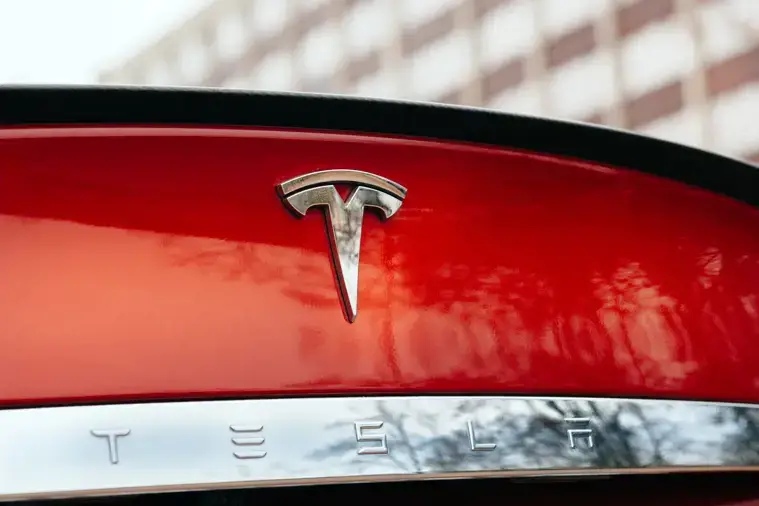Tesla, Inc. is officially entering the Saudi Arabian market, marking a bold step into a country better known for its oil wealth and long highways dominated by fuel-hungry SUVs than for electric vehicles.
The American EV giant will host a launch event in Riyadh on April 10, followed by the opening of temporary pop-up stores in Riyadh, Jeddah, and Dammam on April 11.
The launch comes at a time of broader regional interest in electric mobility, buoyed by Tesla’s previous success in neighboring countries like the United Arab Emirates. It also aligns with a wave of strategic changes underway in Saudi Arabia, where the government has committed to an ambitious goal: transitioning 30% of all vehicles in the capital to electric by 2030, as part of the broader Vision 2030 economic diversification plan.
In a statement on its website, Tesla encouraged potential buyers to “step into a world powered by solar energy, sustained by batteries, and driven by electric vehicles.” The company also teased its next-generation technologies, including the Cybercab — a self-driving vehicle concept — and Optimus, its humanoid robot, as part of a showcase for innovations in AI and robotics.
Tesla’s Saudi debut is strategically timed ahead of a possible visit by U.S. President Donald Trump to the region, which is expected to include stops in Saudi Arabia, the UAE, and Qatar, though the visit has yet to be officially confirmed.
Despite the novelty of Tesla’s entrance, the kingdom is no stranger to electric vehicles. Its sovereign wealth fund, the Public Investment Fund (PIF), has held a majority stake in California-based Lucid Motors since 2019. Lucid opened its first vehicle assembly facility in Saudi Arabia last year and continues to scale up local operations. In parallel, the PIF is developing Ceer Motors — Saudi Arabia’s first homegrown EV brand — through a joint venture with Taiwan’s Foxconn, with production set to begin in 2025.
Tesla’s arrival won’t come without challenges. Chinese automaker BYD is already active in the market, and both BYD and Lucid have established a foothold in a sector that remains nascent. Electric vehicles accounted for just 1% of total car sales in Saudi Arabia in 2024, according to PwC.
“Tesla won’t be a pioneer in the market. In other countries, it was very often the first one — in Saudi Arabia, not anymore,” Tatiana Hristova, director of CEE and MEA vehicle sales forecasting at S&P Global Mobility, told CNBC’s Access Middle East on Wednesday.
S&P Global Mobility forecasts that Tesla will sell between 10,000 and 15,000 units in Saudi Arabia within its first two years. But Hristova cautioned that the road ahead may be difficult, particularly as local and Chinese competitors ramp up production and market share.
“After that, it will definitely face very strong competition from the side of locally manufactured competitors, and also Chinese vehicles,” she added.
As Saudi Arabia drives forward its EV ambitions, Tesla’s performance in the kingdom will be closely watched — both as a measure of its global resilience and as a signal of shifting consumer trends in one of the world’s most oil-dependent nations.






